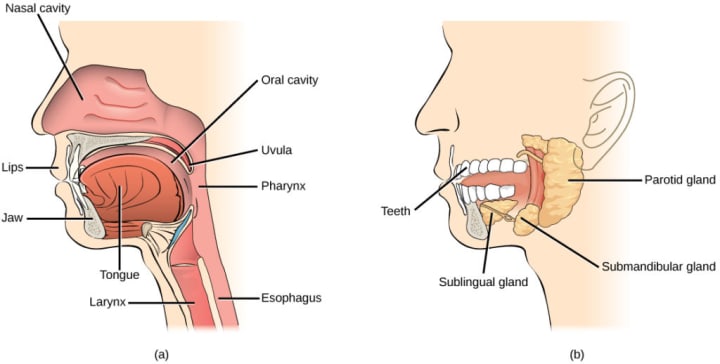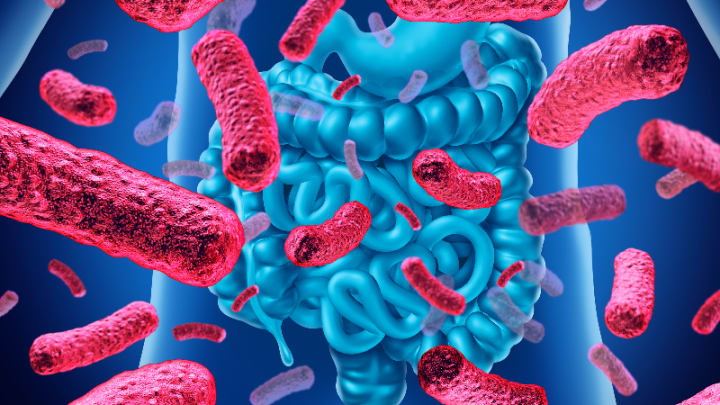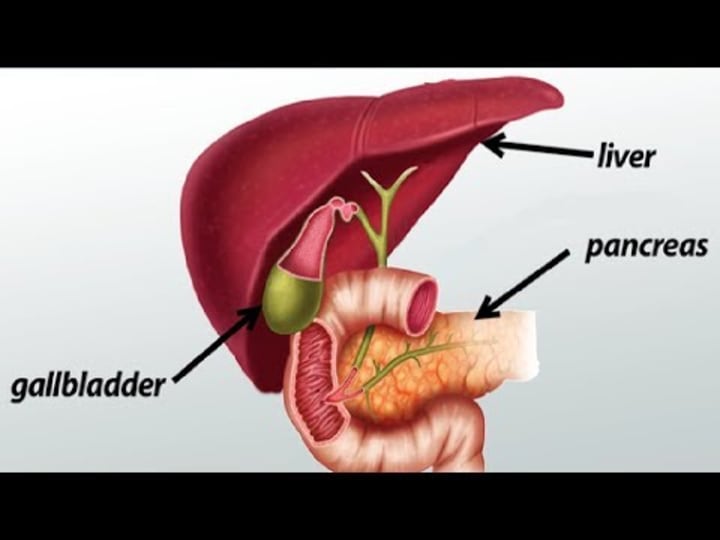Why a Healthier Gut Means A Healthier You
A healthy gut contributes to a strong immune system, heart health, brain health, improved mood, healthy sleep, and effective digestion.

Apprehensive. Nauseous. Butterflies. We have all heard these terms used to depict our “premonition” when we’re on edge or pushed. Be that as it may, how does our gut know and respond to what in particular we’re thinking and feeling? As per Dr. Lisa Ganjhu, clinical associate teacher of medication at NYU Langone Medical Center, the gastrointestinal framework is more than the body’s essential site of taking in and engrossing supplements. This arrangement of basic stomach related organs likewise goes about as a kind of switchboard or correspondence focus to and from the cerebrum, and capacities as one of the body’s cutting edges in the battle against malady. “Our gut assumes a significant job, in our gastrointestinal wellbeing, however in the wellbeing and prosperity of the whole body,” Dr. Ganjhu said.
Building Blocks for a Healthy You

The gastrointestinal framework also alluded to as the gastrointestinal tract, or gut is a collection of organs that incorporates the mouth, throat, stomach, pancreas, liver, gallbladder, small digestive tract, colon, and rectum. The gut serves numerous basic jobs in continuing and securing the general wellbeing and health of our bodies, beginning with the admission and ingestion of supplements and water. It is this framework that provides the building blocks the body requires to live, to work, and to remain robust. If you feel like your gut is too sensitive then consider getting in touch with the best gastroenterologists in Karachi
Mouth. The digestive process starts with the mouth, where the teeth and tongue help us to bite our food and where synthetic concoctions in our salivation, called catalysts, begin to separate the food.

Throat. The chewed food at that point enters the throat, or food pipe, which utilizes its muscles to move the food from the mouth to the stomach through an organized procedure called peristalsis. The throat then delivers the food into the stomach, and a valve, or sphincter, goes about as a passage to shield the food from returning up into the throat.
Stomach. In the stomach, our food is sanitized and further separated. The stomach produces hydrochloric corrosive (HCL), which assists with disinfecting the food, so it doesn’t give us a disease or make us wiped out. The stomach’s chemicals assume a huge job in processing proteins and different supplements. At the same time, the organ’s stirring movement assists with transforming the now mushed-up food into a fluid, called chyme. This procedure regularly takes hours, with overwhelming and greasy dinners taking more time to process than lighter suppers. At the point when the gut and mind have “talked” and choose the food is ready, the stomach moves the melted food into the small digestive tract.

Small digestive tract. The small digestive tract is the place the supplements are assimilated and sent to the remainder of the body. The gigantic retention of supplements that happens in the small digestive tract requires a huge surface area. Despite the fact that it is known as the small digestive tract, it is an extremely long organ, estimating roughly twenty-one feet when loosened up, with its internal covering having little hair-like projections, called villi, and working a lot of like a towel to expand the surface zone for ingestion.
Pancreas, liver, gallbladder. Enroute, the pancreas, liver, gallbladder, and bile channel likewise assume significant jobs in our stomach related procedure. The pancreas secretes stomach related compounds into the small digestive tract to help separate proteins, starches, and fats, while additionally delivering the hormones insulin and glucagon to help direct our glucose. The liver is the body’s essential site of protein building. The liver creates a green fluid called bile, which is emitted into the gallbladder, which, when required, deliveries the bile into the small digestive tract to help separate dietary fats. Thus, the small digestive tract sends starches, fats, and different supplements to the liver, where they are changed over into protein and glucose to be utilized as fuel for the body.

Colon and rectum. At the point when the small digestive system is done engrossing supplements from the condensed food, the staying stomach related material is passed into the colon. The colon goes about as the gut’s “dryer,” retaining water and electrolytes as sustenance and passing any staying strong waste to the rectum and out of the body. If you feel like your gut is unhealthy then it may be a good idea to talk to a professional such as the best dietitian in Lahore.






Comments
There are no comments for this story
Be the first to respond and start the conversation.